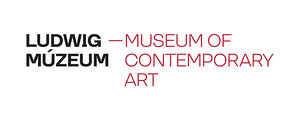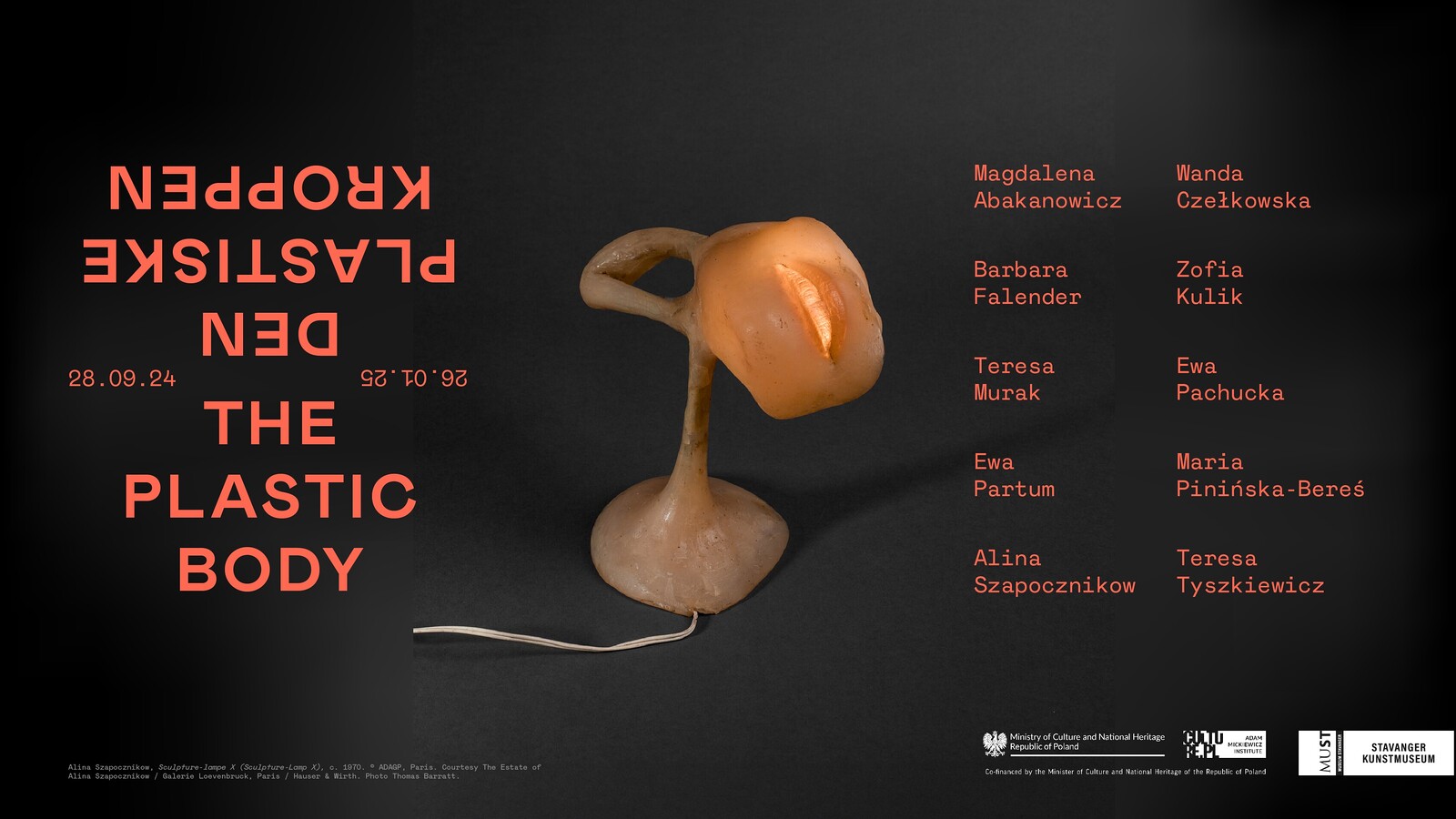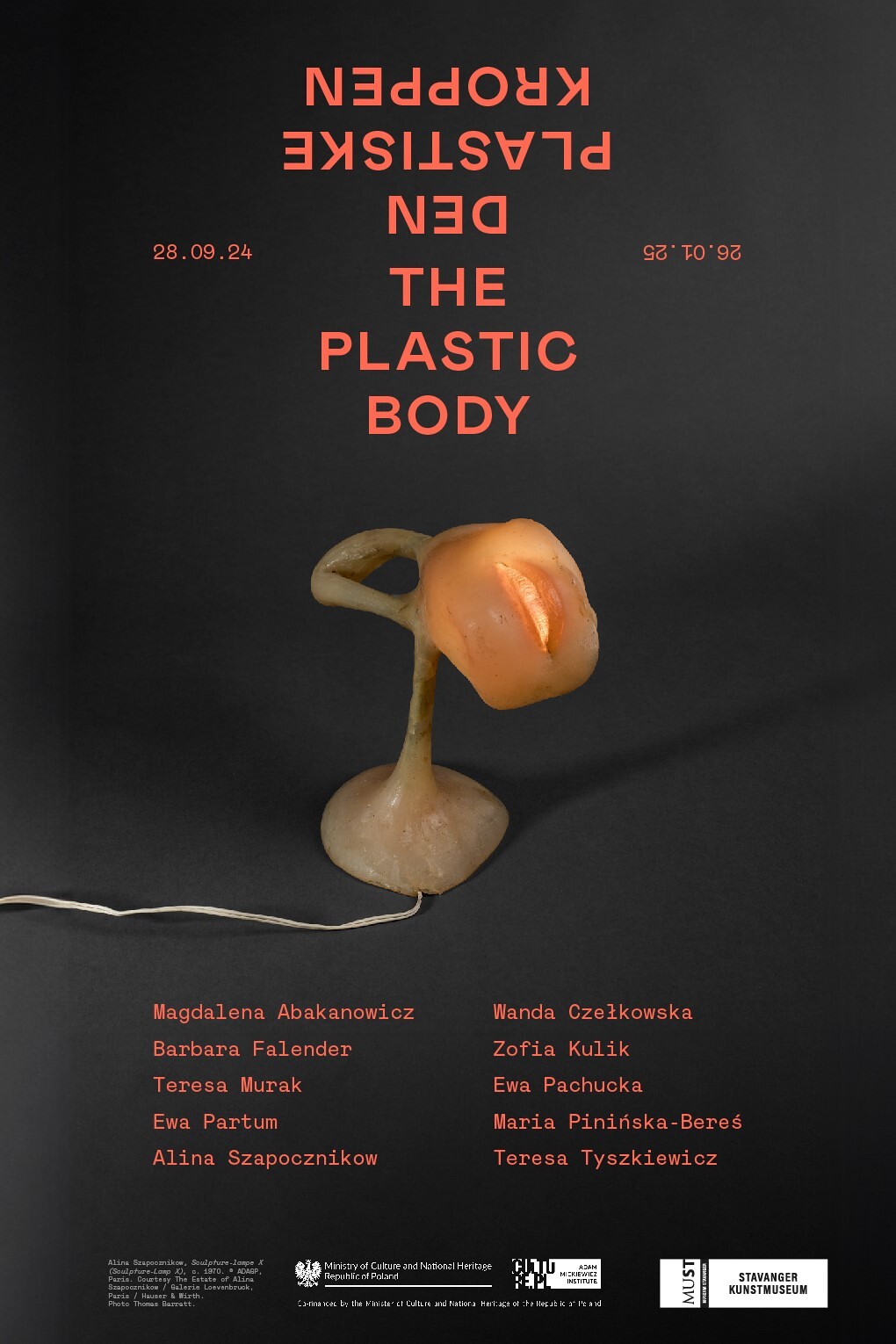on the SLOWLIFE website
Budapest
Komor Marcell u. 1
1095
Hungary
T +36 1 555 3444
The idea of the exhibition Slow Life. Radical Practices of the Everyday was conceived almost two years ago and the Ludwig Museum’s curatorial team has been working on the preparation and implementation of the exhibition for months. At the time, we could not have guessed that with the nearly five-month exhibition and program series scheduled for April 2020, we would be dealing with topics that would become imminently close and pressing as a result of the global Covid-19 pandemic. “Slow-life” has suddenly become an everyday reality, a forced way of life in the global world. The “Quarantine of consumption,” the Stay Home Movement, the decline in air travel, the slowing economy are just some of the unexpected consequences of the coronavirus, which ruthlessly point to the positive effects of slower life, but also pose enormous challenges to humanity.
Ludwig Museum Budapest is closed but active. With an intensive online presence, we provide detailed content about the background of the exhibition, the workflow, the artists involved in the project, exclusive interviews and online programs.
About the exhibition
Slow Life. Radical Practices of the Everyday is a group exhibition with an international scope, a commitment that reflects on today’s pressing global issues. The current logic of our world, the existing social & economic system and the market-consumer culture have caused serious environmental problems. The approach they are based upon is in crisis, and current practices cannot provide real solutions to excessive waste production and overconsumption, and to keeping the exploitation of natural resources under control.
The slow approach represents a need to rethink existing structures and reorganize established practices in the fields of society, economy and everyday life alike. Its essence can be best expressed by consciousness and critical attitude, which bring forth more and more possible alternatives, from permaculture farming to zero waste household, from voluntary simplicity to the concept of a no-growth economy.
The beginnings of the Slow Revolution date back to the 1980s, to the protest against fast-food restaurants, which drew attention to the importance of healthy, quality food from local source. Carlo Petrini’s gastronomic initiative has expanded into a global movement over the decades, spanning many areas from work to travel and from design to media consumption. However, the exhibition does not focus on the “slow living” movements so popular today, some of which limit their activities to offering new products and services for sale. Rather, it presents alternative practices, everyday “revolutions,” gentle or even radical approaches that challenge the existing growth- and profit-oriented system, show a way out of the consumption spiral, or represent an attitude based on the momentum instead of a busy life-style. The broad spectrum of genres on display includes artworks based on critical thinking, while others offer utopic models for future challenges, or encourage us to change our art consumption habits, as well as the clichés of perception and reception in connection with art.
The aim of the exhibition is to highlight the environmental impacts and exploitative practices that have led to the current global environmental, economic and social problems. Our other main objective is to provide a broader platform for artistic positions, which emphasize sustainability and offer alternative lifestyles.
The exhibition is organized by the curatorial team of the Ludwig Museum:
Petra Csizek, Jan Elantkowski, József Készman, Zsuzska Petró, Viktória Popovics, Krisztina Üveges
Exhibiting artists:
Gabó Bartha / Emese Benczúr / Anca Benera & Arnold Estefan / Ursula Biemann & Paulo Tavares / Krisztina Edei / Ex Artist’s Collective (Tamás Kaszás & Anikó Lóránt) / Manfred Erjautz / Gideon Horváth / Oto Hudec / Tamás Kaszás / Endre Koronczi / Lakner Antal / Diana Lelonek / Péter Mátyási / Petra Maitz / Oliver Ressler / Judit Flóra Schuller / Rita Süveges / Eszter Ágnes Szabó & Syporca Whandal / Lois Weinberger / Anna Zilahi
Press contact:
Gabriella Rothman, rothman.gabriella [at] ludwigmuseum.hu



